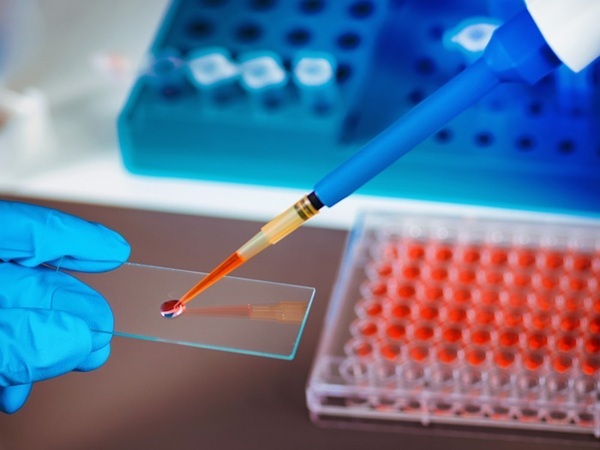MCED Tests Detect Cancers in Bloodstream Three Years Prior To Diagnosis
Posted on 06 Jun 2025
Detecting cancer before symptoms emerge remains a major challenge in oncology. Now, a new study reveals that tumor-derived genetic material can be found in the bloodstream as early as three years before clinical diagnosis. This finding suggests that multicancer early detection (MCED) blood tests may have the potential to identify cancer far earlier than current screening methods.
The research was conducted by investigators at Johns Hopkins Medicine (Baltimore, MD, USA) who analyzed samples from the Atherosclerosis Risk in Communities (ARIC) study—an ongoing longitudinal study aimed at understanding cardiovascular disease risk. The team applied highly sensitive and accurate sequencing techniques to plasma samples from 26 individuals who were later diagnosed with cancer within six months and compared them to 26 matched participants who did not develop cancer. Among the 52 participants, eight tested positive using an MCED laboratory test at the time of blood sample collection, and all were diagnosed with cancer within four months.

Notably, the researchers had access to earlier blood samples—collected 3.1 to 3.5 years before diagnosis—for six of these eight individuals. In four of those cases, cancer-derived mutations were already present in the earlier samples. These results suggest that tumor DNA can circulate in the blood long before any clinical signs or symptoms arise, and that MCED testing may help significantly extend the window for early detection. Such early identification could lead to earlier intervention and potentially improved outcomes.
“This study shows the promise of MCED tests in detecting cancers very early, and sets the benchmark sensitivities required for their success,” said Bert Vogelstein, M.D., Clayton Professor of Oncology, co-director of the Ludwig Center at Johns Hopkins, and a senior author on the study.














